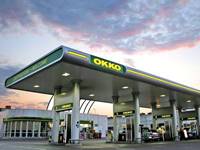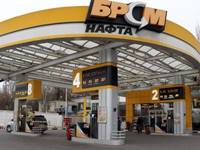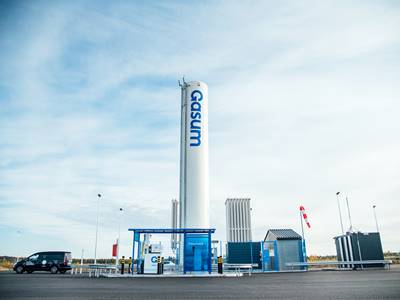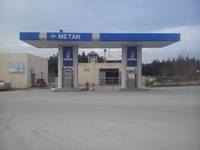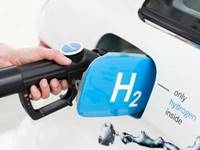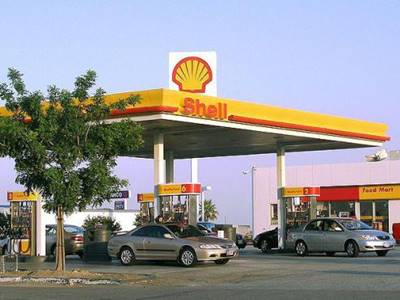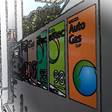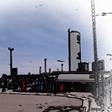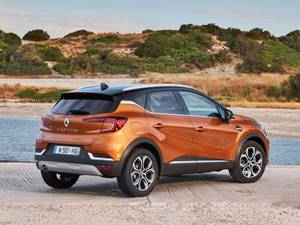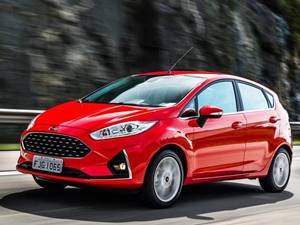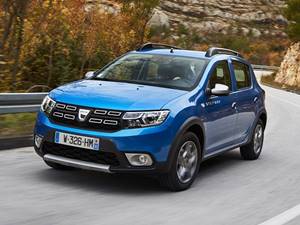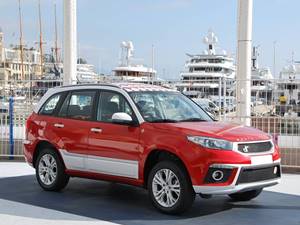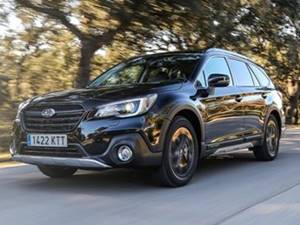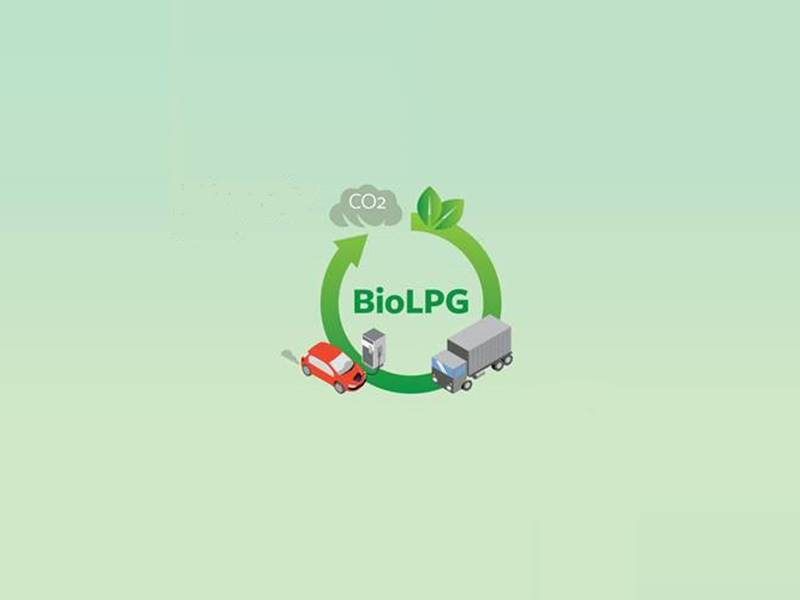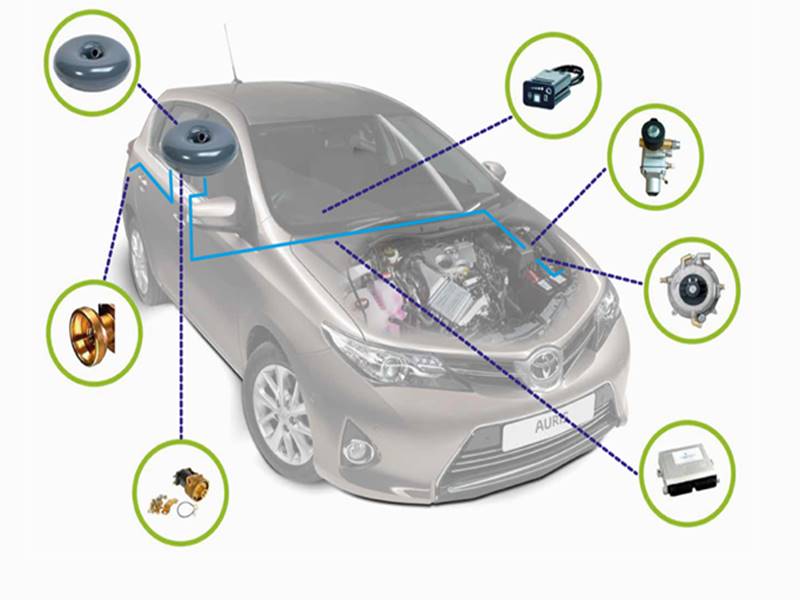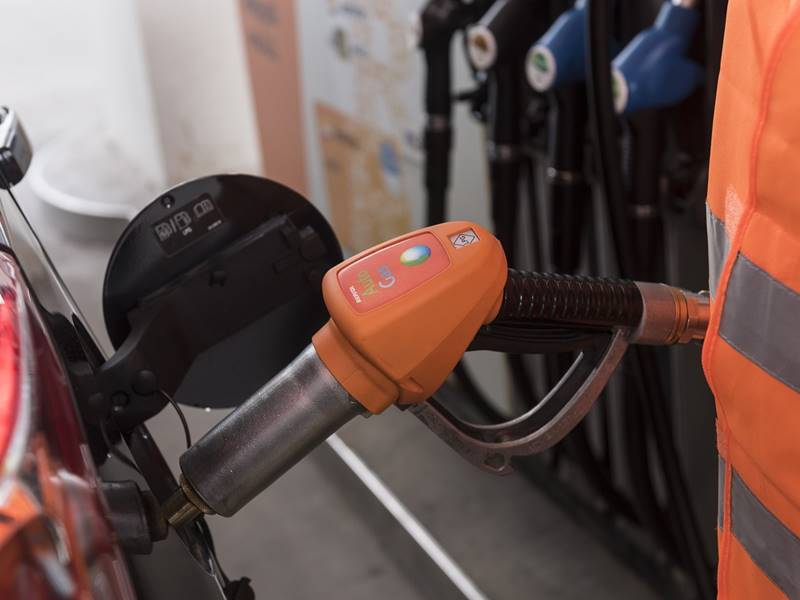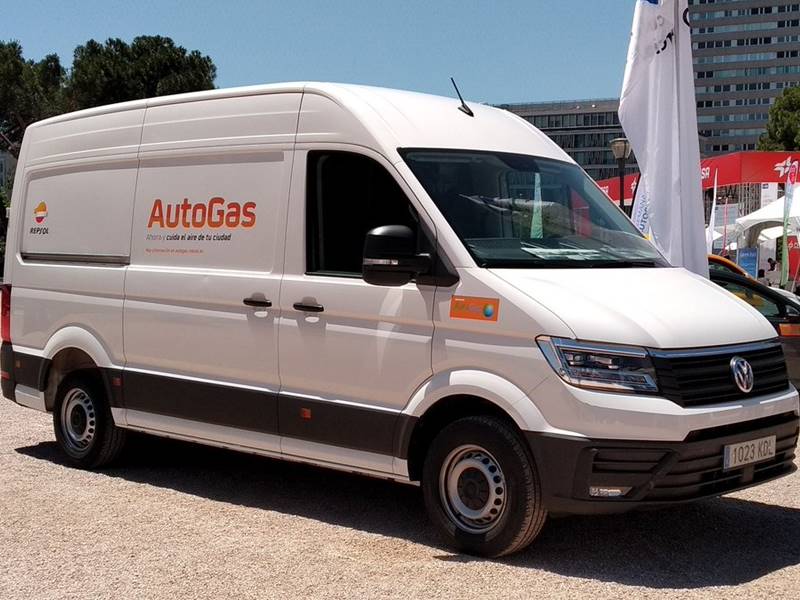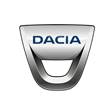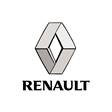Service Stations in the World with
LPG in the World in
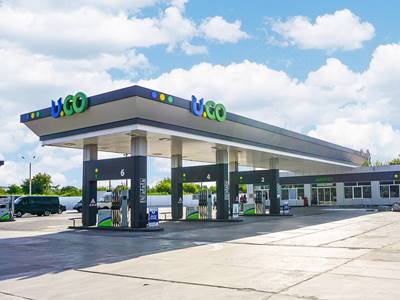
Autogas is the most widely used alternative to conventional fuels for transport and is the main alternative fuel for cars and vans. The LPG supply is extensive and the network of LPG service stations in the world is growing rapidly. With its diverse sources of supply, a flexible supply chain and increasing production levels, the increased availability of LPG can contribute to increasing the security of energy supply for transport.
According to the WLPGA, the supply of LPG will grow strongly in the coming years thanks to the increase in the production of natural gas and the extraction of its associated liquids, which are already the world's largest source of LPG.
A report by Argus and WLPGA indicated that in 2018 there were around 78,000 LPG supply points for vehicles in the world, highlighting the 3,800 that are located in the United States, the more than 7,000 existing in Germany or the almost 4,000 points of supply that offer LPG in Italy
The benefits that would accrue from faster growth in Autogas use around the world are considerable, but they will not come without concerted action by all stakeholders to address the barriers to market development. The development of BioLPG can be crucial for a greater knowledge on the part of institutions and users that leads to an increase in the network of service stations that offer LPG in the world.


